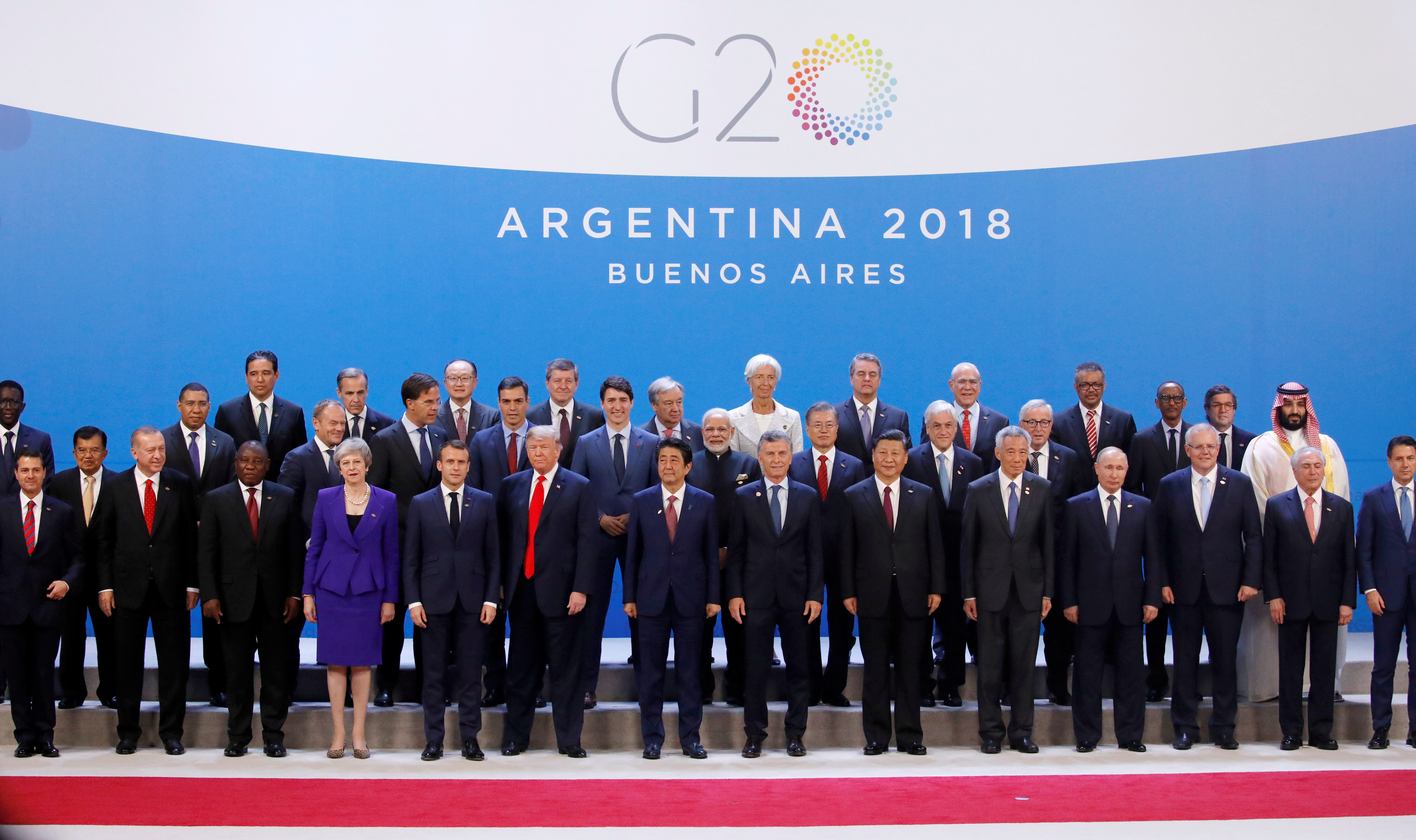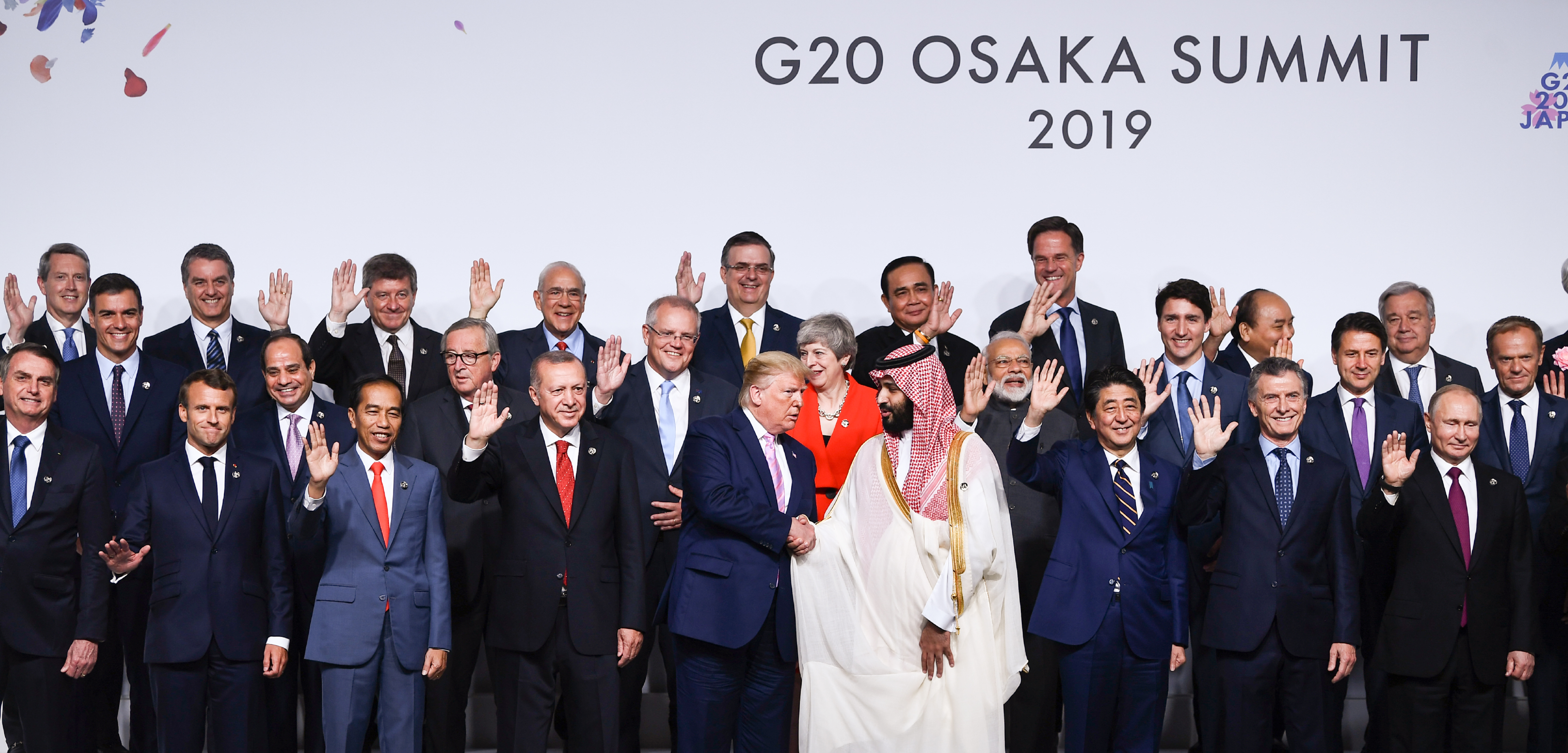Understanding India’s Vision for a Transformative G20 Presidency

Understanding India’s Vision for a Transformative G20 Presidency
India’s assumption of the G20 presidency has generated high expectations due to the prevailing socioeconomic and environmental crises worldwide. As a major economy and populous nation, India’s leadership is sought after in finding solutions to global challenges. The presidency is crucial in building a shared global future, with priorities including sustainable development, climate action, inclusive growth, digital transformation, and global health. These priorities align with the aspirations of developing countries, highlighting the need for India to advocate for their concerns and work towards equitable solutions.
During its presidency, India has made progress in various sectors. Efforts have been made to advance climate action, improve vaccine access, promote digitalization, ensure financial stability, and strengthen global governance. However, India also faces challenges in navigating complex geopolitical dynamics, fostering consensus among diverse G20 members, managing competing priorities, and implementing agreed-upon measures effectively. Overcoming these struggles requires diplomatic finesse, coordination, and inclusive decision-making to fulfill the expectations of a shared and sustainable global future.

In addition to economic growth, India’s presidency carries high stakes and priorities in building a shared global future. These priorities align with the hopes and expectations of the world, particularly developing countries. Key areas of focus include climate change and environmental sustainability, inclusive and equitable growth, digital transformation, global health, and addressing the challenges posed by the COVID-19 pandemic.
India’s leadership in these areas is crucial for fostering international cooperation, finding innovative solutions, and ensuring the well-being of all nations. However, India also faces struggles during its presidency, such as balancing diverse interests within the G20, managing geopolitical tensions, and addressing complex socio-economic and environmental issues on a global scale. Overcoming these challenges requires effective diplomacy, collaboration, and a commitment to the shared vision of a better future for all.
India’s G20 presidency has garnered high expectations due to its positive economic growth trajectory and its standing as the fifth-largest economy in the world. With projected GDP growth and recognition as a proactive player in global politics, India is seen as a significant contributor to the global economy and a capable leader in addressing global challenges.

The alignment of India’s national interests with the imperatives of global economic integration and its representation of the Global South further heightens expectations. India’s presidency is seen as an opportunity to address developmental needs and promote inclusive growth, particularly with the consecutive presidencies of Indonesia, India, and Brazil. This positioning underscores India’s potential to shape a shared global future and contribute to the hopes and expectations of both developed and developing countries.
India’s G20 presidency holds immense significance as it navigates the heightened expectations from the international community. With the world facing pressing socioeconomic and environmental issues, India’s leadership is seen as crucial in finding solutions and fostering global cooperation. The presidency presents an opportunity for India to demonstrate its commitment to a shared global future and make tangible progress in areas such as sustainable development, inclusive growth, and technological innovation.
The priorities of India’s G20 presidency align with the hopes and aspirations of both developed and developing countries. By focusing on issues such as climate change, sustainable practices, inclusive growth, and multilateralism, India aims to address the common challenges faced by nations across the globe.
The presidency also offers a platform for India to advocate for the interests and concerns of developing countries, emphasizing the need for equitable development, access to technology, and financial support. Through its leadership, India seeks to foster a collaborative and inclusive approach that benefits all nations in building a more prosperous and sustainable future.

India’s commitment to achieving its G20 commitments and Sustainable Development Goals (SDGs) is evident in its consistent performance and initiatives. The country has taken significant steps to integrate sustainable development into its domestic policies and has actively contributed to international development efforts.
These actions align with the G20 Action Plan on the 2030 Agenda for Sustainable Development, which was adopted in 2016. India’s approach of combining collective and individual efforts, both within the country and on the global stage, reflects its determination to address the pressing challenges and work towards achieving a sustainable and inclusive future.
India’s efforts on climate action align with its G20 commitments and have garnered international admiration. The country has made significant strides in transitioning to a more energy-efficient pathway, particularly through the promotion of renewable energy and initiatives like the International Solar Alliance. Additionally, India’s technological transformation and digital inclusiveness are evident in the success of its Unified Payments Interface (UPI), a digital payment interface that has gained global recognition and contributes to the G20’s financial inclusion priority.
However, India faces challenges in balancing competing interests and building a shared global future. The current global economic landscape, characterized by bleak growth prospects and geopolitical crises, presents additional hurdles. The ongoing Russia-Ukraine war and its impact on the global economy and development are growing concerns. Furthermore, the IMF’s forecasts highlight uncertainties stemming from financial sector turmoil, high inflation, the effects of the war, and the persistent impact of the Covid-19 pandemic, which India must navigate during its presidency.

India’s presidency faces geopolitical challenges, particularly in accommodating opposing views on the Russia-Ukraine conflict. While Russia and China expressed reservations about including Ukraine-related issues in the G20 foreign ministers’ meeting, India played a crucial role in forging a consensus on the G20 communique in Indonesia. Balancing conflicting interests will be crucial for India’s success during its presidency.
India has made progress in delivering on G20 commitments, despite differing interests. Through numerous meetings and discussions involving delegates from various countries, India has brought stakeholders to the table and ensured progress on key commitments such as climate change, digital public infrastructure, inclusive growth, and women-led development.
Consensus has been reached on important issues, including a common framework for digital public infrastructure and global action on water resources and ecosystem restoration. Promoting entrepreneurship and leadership among women has also been prioritized to ensure their participation. India’s ability to continue delivering on these commitments while managing opposing interests will determine the success of its G20 presidency.






